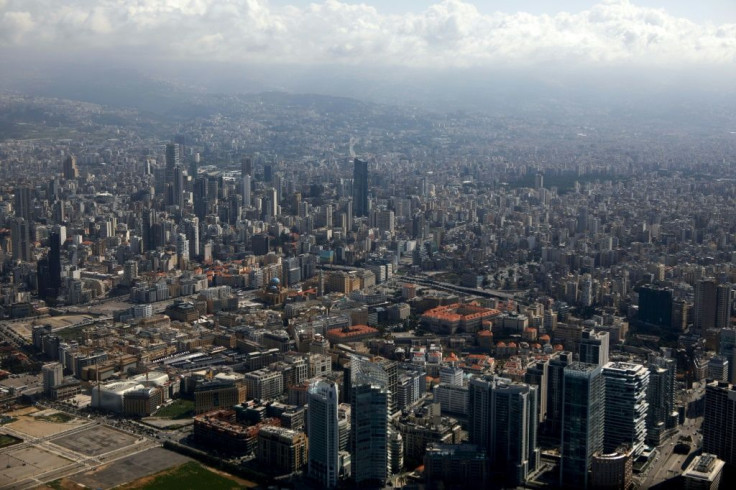IMF Urges Lebanon To 'Quickly' Implement Economic Reforms

Lebanon should move quickly to implement reforms to stabilize the country's economy, the International Monetary Fund said Thursday.
Lebanon is facing its worst economic crisis since its 1975-1990 civil war, and Prime Minister Hassan Diab suspended payment of a $1.2 billion Eurobond maturity due on Monday and is seeking debt restructuring because of dwindling foreign currency reserves.
"Given the severity of economic conditions in Lebanon, it's important that the government designs and implements promptly a comprehensive package of reforms to effectively address the economic challenges and improve Lebanon's economic prospects," IMF spokesman Gerry Rice told reporters.
While the country has not requested aid from the Washington-based crisis lender, "We stand ready... to assist the authorities in those efforts."
Lebanon's debt burden, long among the largest in the world, is now equivalent to nearly 170 percent of its gross domestic product.
The value of the Lebanese pound has plummeted by more than a third on the black market, prices have risen, and many businesses have been forced to close.
Diab also announced plans to slash state spending and downsize an inflated banking sector.
An IMF team has met with Lebanese officials, and is now waiting to see their plans "on how to tackle the economic challenges they face," Rice said.
© Copyright AFP {{Year}}. All rights reserved.





















